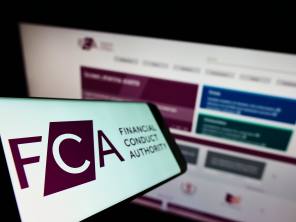
A guarantee of formal retirement guidance for prospective retirees announced in the Budget has been branded inadequate by pension schemes who say it will not provide enough support to members.
From over 300 employer and trustee responses, consultant Mercer found 62 per cent did not think the guidance alone would be sufficient, with just 38 per cent planning to just facilitate access to the free independent service.
Last month’s Financial Conduct Authority consultation on the guidance guarantee stated that providers will be required to signpost the customer to the guidance between four and six months before their intended retirement date and remind them at least six weeks before.
Axa argued that it should be mandatory for everyone to receive a ‘health check’ guidance session 15 years prior to their planned retirement age and that this should take place in the workplace, with the employer supplying the adviser.
Roger Breeden, UK DC and savings product leader at Mercer, said: “Receiving generic guidance provided shortly before retirement will be useful, however, for most DC savers it will be too late.
“To increase their chances of getting a decent pension individuals need to make their investment and contribution choices at a much earlier stage. Trustees and employers need to review their communications and support to ensure employees get a full picture of the options available to them and the consequences of these early decisions.
“Once the changes announced in the Budget are fully defined they also need to check that all communications material meet the new requirements.”
When asked whether they expected many transfers from defined benefit to DC schemes, 76 per cent said they expected less than 20 per cent to transfer out and only 16 per cent expected more than 40 per cent to do so.
It will be mandatory for those that wish to transfer out from a DB to seek regulated financial advice, the Treasury said.
Mr Breeden added that this chimed with Mercer’s experience that the actual number of DB to DC transfers would be around 30 per cent.
“Such transfers, especially in great numbers, could have an impact on asset liquidity, administration processes and the employer covenant, so regular monitoring and building it into risk management programmes is essential.”
Industry commentators have suggested that trustees should help with the funding and quality of advice on such transfers. As it currently stands the FCA is consulting on three options for funding the guidance guarantee levy but all include allocating the levy across relevant regulated firms.
The options are: basing it on the total FCA AFR allocated to these five fee-blocks; each fee block paying a 20 per cent proportion of the overall retirement guidance levy; or allocating the fee in line with consumers’ retirement choices.



